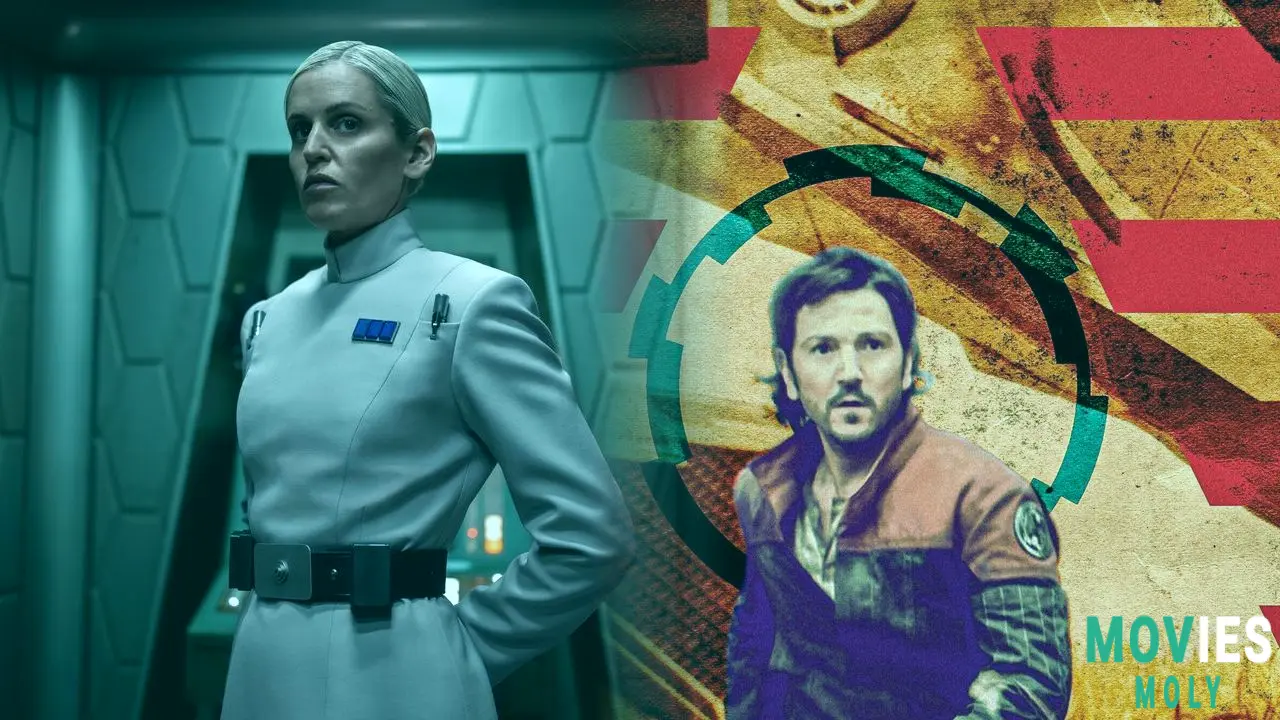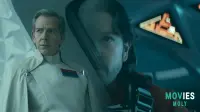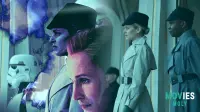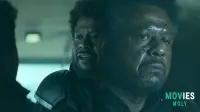“You made this decision long ago… The Empire cannot win.” With a steely conviction that only comes from years of fighting in the shadows, Diego Luna’s Cassian Andor utters these words in the opening moments of Andor Season 2. Not as a seasoned hero reflecting on past glories, but as a man who’s been through the grind of failure, loss, and moral compromise—and still chooses to stand up against one of the most oppressive regimes in fiction. Luna’s performance in the Star Wars prequel series isn’t just iconic by association; it’s an excavation of a character whose journey from survivalist to true believer adds emotional weight to the entire Rebel saga.
Diego Luna elevates Andor beyond a Star Wars show into political and emotional terrainWhile Andor is nominally about the rise of the Rebel Alliance, it’s Diego Luna’s portrayal of Cassian that grounds the series in relatable humanity. As the show barrels toward Rogue One, with its inevitable temporal leaps and tight canon constraints, Luna manages to infuse every scene with a sense of immediacy and internal conflict. He’s no longer the cynical thief who might have been willing to die for a cause he barely believed in. Now, a year into the timeline jump in Season 2, he’s a committed insurgent—flawed, strategic, and uncomfortably aware of what revolution demands from a person.
Andor isn’t just delivering cooler-than-usual space operatic sequences (though stealing a TIE fighter and crashing it into the Empire’s plans never gets old). It’s digging into the psychology of rebellion, and Luna is the conduit. Whether he’s consoling Niya in a moment of shaky resolve or silently bearing the weight of Maarva’s funeral like a penance long overdue, Luna’s Cassian speaks to what it means to become “an unstoppable force for good” without losing your humanity entirely in the process.
Every failed alliance and moral compromise sharpens Luna’s performance as a freedom fighter
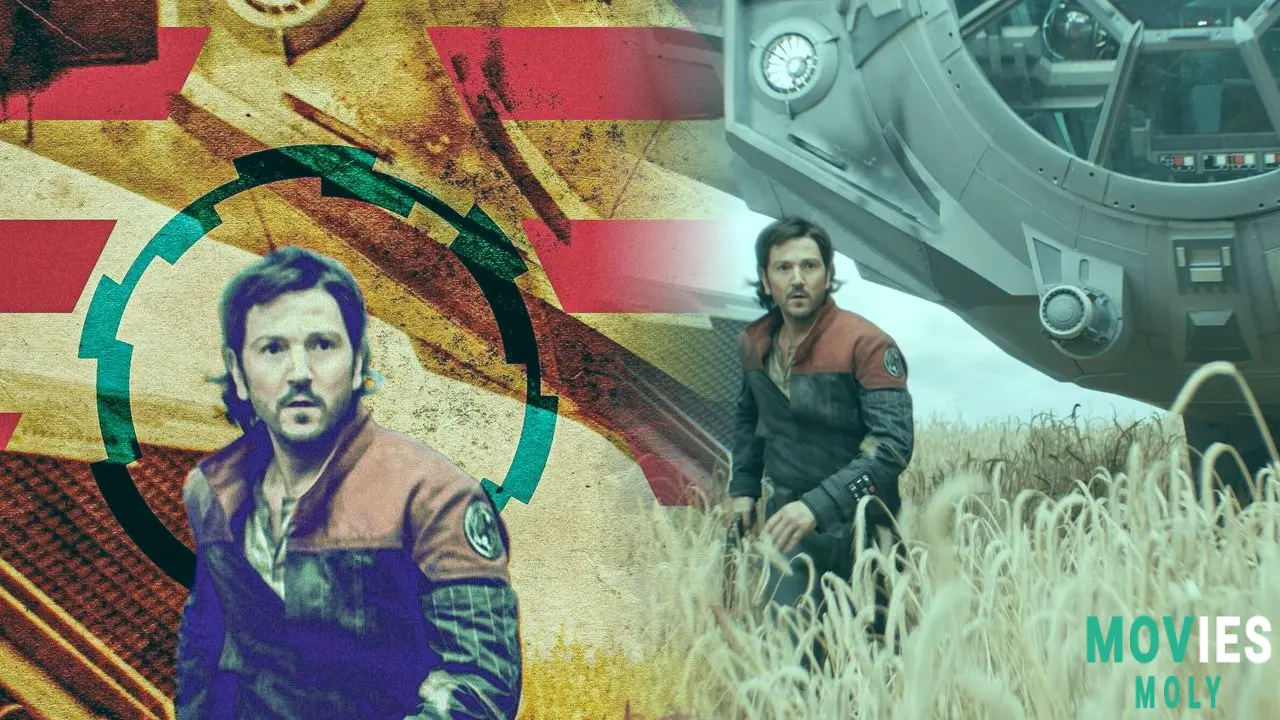
What separates Andor from most superhero-level franchise TV is its willingness to show the messy middle of revolution. Not every rebel is trustworthy. Not every plan works. And not everyone makes it. The betrayal of the undocumented group on Mina-Rau, the grim descent of Tay Kolma, and the internecine chaos among Maya Pei’s faction—all these plot threads illustrate the show's central theme: “People fail. That’s our curse.”
Cassian isn’t immune to this reality. He operates in it. Yet, as Luna portrays him, he doesn’t become jaded or nihilistic. He adapts. When he’s captured by rebel factions and questioned about his loyalties, he doesn’t break. He improvises. He convinces. He continues to fight—not for glory, but because he sees no other option. It's a transformation from survival instinct to purposeful engagement, and Luna delivers it with a subtlety that often gets overshadowed by the show's larger political allegories.
Andor’s grounded settings give Luna’s character study the emotional resonance of a novel
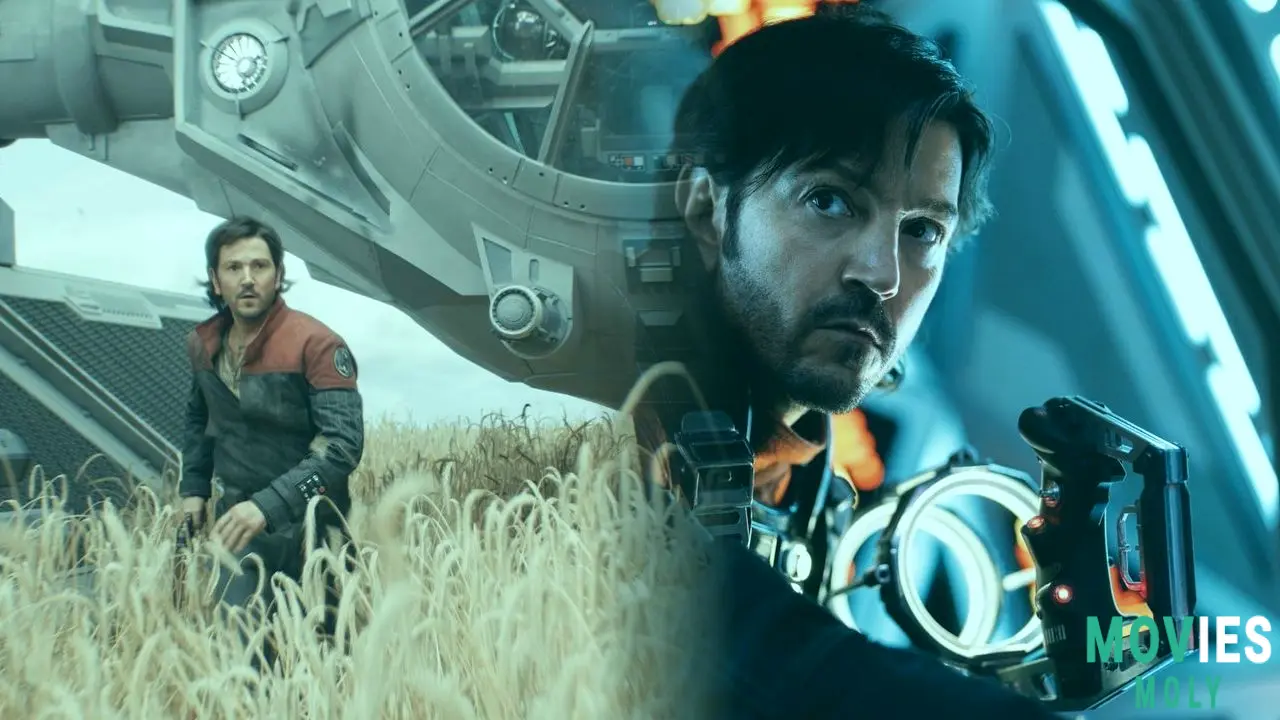
One of the smartest moves by showrunner Tony Gilroy is the use of contrasting environments to mirror Cassian’s internal journey. From the opulent yet suffocating wedding on Chandrila to the grainy, visa-obsessed farm life of Mina-Rau, we see Cassian moving not just through space, but through the layers of the Empire’s grip on society. These aren’t just backdrops for action—they’re ecosystems of control, fear, and resistance.
In a moment that feels both inevitable and poignant, Cassian’s presence on Yavin—long before it becomes the Rebel base—gives us origin lore that’s as satisfying as it is canonical. The fact that Andor fans now get to see how the Rebellion improvises, argues, and sometimes fails on Yavin makes Cassian’s later leadership all the more earned. He’s not just part of the Rebellion; he’s shaping what it is, even when he disagrees with the methods or the messiness of the process.
Diego Luna’s legacy in Star Wars is cemented by Andor’s fearless storytelling
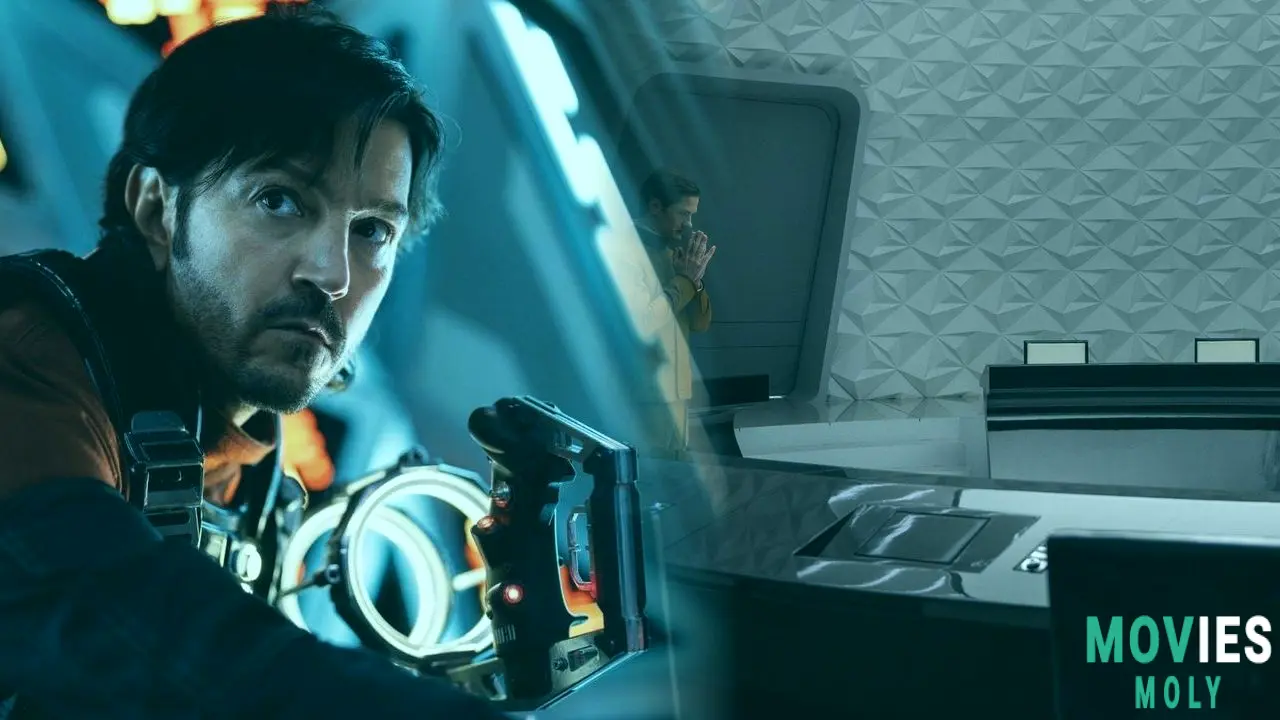
Despite being at the center of the series, Luna never dominates the room—because he doesn’t have to. His Cassian plays off the morally complex Luthen Rael, the ideologically torn Mon Mothma, and the relentless Dedra Melo like a seasoned ensemble player. But when the moment calls for it, he delivers monologues and glances that cut deeper than a lightsaber. He’s a recruiter, a saboteur, a mourner, and a believer. And he’s never more effective than when he’s quietly watching a plan unfold, knowing full well what it will cost him and everyone else.
As Andor moves closer to the events of Rogue One, and ultimately to Cassian’s final, fatal mission on Scarif, Diego Luna gives us not just a prequel performance, but a full-circle character study. One that turns a one-off film hero into a three-dimensional legend. A man who lived in the gray space between hope and desperation, and chose hope anyway.
In a franchise long obsessed with the dichotomy of light and dark, Luna’s Cassian Andor is a reminder that the real fight is often in the shadows—and that’s where heroes are forged.

